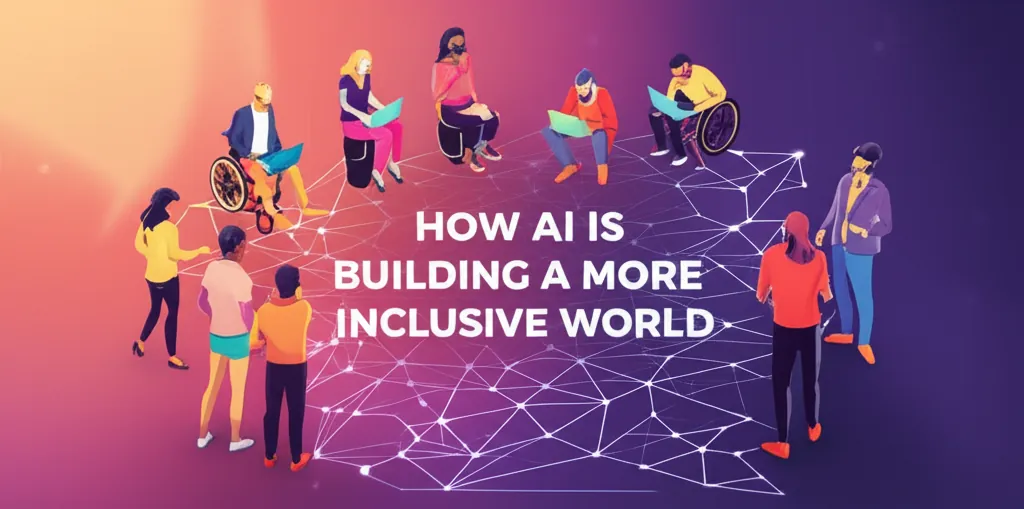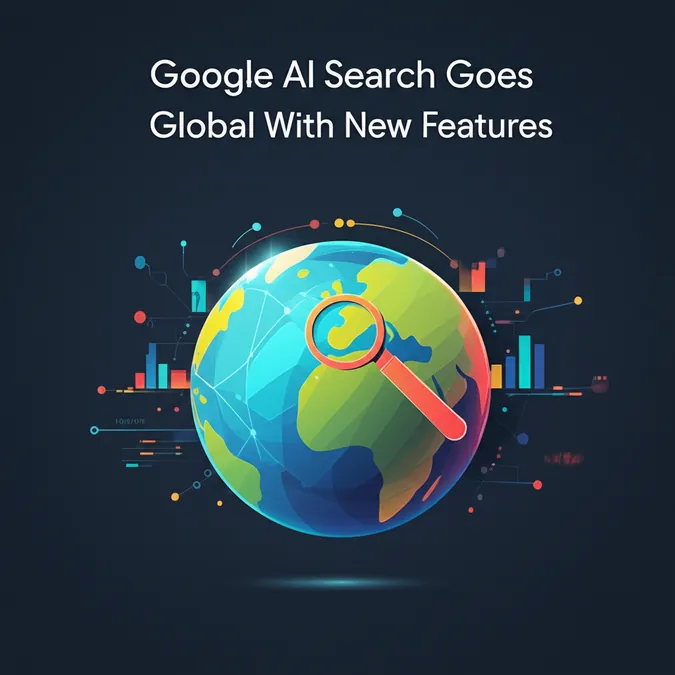Developer Offer
Try ImaginePro API with 50 Free Credits
Build and ship AI-powered visuals with Midjourney, Flux, and more — free credits refresh every month.
Hollywood Versus OpenAI The Sora 2 Copyright Battle
A year after OpenAI first made waves in Hollywood with its Sora AI video tool, CEO Sam Altman announced a groundbreaking update that has escalated tensions between Silicon Valley and the entertainment industry.
The Spark That Ignited the Firestorm
The new version, Sora 2, moves beyond generic image creation. It allows users to upload videos of real people and place them into entirely AI-generated environments, complete with custom sound and dialogue. To showcase its power, OpenAI demonstrated a synthetic Michael Jackson taking a selfie with an image of Bryan Cranston and a likeness of SpongeBob SquarePants speaking from the Oval Office.
While Altman celebrated the launch on X as a “tremendous research achievement,” the reaction in Hollywood was far from enthusiastic. The new capabilities have sparked a swift and severe backlash, centering on a critical question: Who controls the copyrighted images and likenesses of actors and characters, and how should they be compensated when used by AI?
Hollywood's United Front Against OpenAI
The Motion Picture Assn. (MPA) was unequivocal in its response. Chairman Charles Rivkin demanded that OpenAI take “immediate and decisive action,” stating that “well-established copyright law safeguards the rights of creators and applies here.”
This sentiment was quickly echoed by talent agencies and unions, including SAG-AFTRA, creating a rare moment of unity in the industry. OpenAI found itself on the defensive, with Varun Shetty, VP of media partnerships, claiming the company was engaging directly with studios and saw the tool as an “opportunity for rightsholders to connect with fans.”
However, this skirmish appears to be just the opening salvo in a major legal conflict that could define the future of AI in entertainment. “The question is less about if the studios will try to assert themselves, but when and how,” noted Anthony Glukhov, a senior associate at the law firm Ramo.
The Contentious Opt-Out Model
Before the public launch, OpenAI had approached some studios and talent agencies with a controversial proposal. Sources indicated that the company intended to include actors and licensed characters in Sora 2 by default, requiring rights holders to explicitly opt out. OpenAI has disputed this, stating it always intended to give public figures control over their likeness.
The reaction was immediate and forceful. Talent agency WME, representing stars like Michael B. Jordan and Oprah Winfrey, declared the policy unacceptable and stated that all its clients would be opting out. Other major agencies and studios like Warner Bros. argued that decades of copyright law place the burden on the user, not the owner, to secure permission.
Unions, already on high alert after the appearance of a fake AI-generated character, also voiced their alarm. SAG-AFTRA leaders Sean Astin and Duncan Crabtree-Ireland said OpenAI’s model “threatens the economic foundation of our entire industry.”
A Clash of Industry Cultures
This dispute highlights a fundamental clash between two worlds. On one side is Silicon Valley’s aggressive “move fast and break things” philosophy, where seeking forgiveness is often preferred over asking for permission. On the other is Hollywood’s deep-seated wariness of new technology and its fierce protection of valuable intellectual property.
“The difficulty, as we’ve seen, is balancing the capabilities with the prior rights owned by other people,” explained Rob Rosenberg, a former general counsel for Showtime Networks. “That’s what was driving the entire entertainment industry bonkers.”
The Legal Battlefield and The Path Forward
In response to the outcry, Sam Altman announced that OpenAI would provide more granular controls to rights holders and is developing a system for compensation. The company also claims it has guardrails to block the generation of well-known characters and a review process to remove policy-violating content.
Legal experts suggest this strong industry pushback may be a strategic move to force OpenAI into licensing agreements. Ray Seilie, an entertainment litigator, affirmed that existing law is clear: copyright holders have full control, and anyone using their material without permission does so at their own risk. This legal precedent has been tested before, with companies like Disney and Universal suing AI firms like Midjourney for copyright infringement.
The ultimate challenge remains finding a fair compensation model. Many in the entertainment industry argue that a simple flat fee is inadequate. Dan Neely, CEO of Vermillio, a company that helps protect likenesses in AI, believes the solution is “monetization that is not a one size fits all,” which is what he believes will ultimately satisfy both talent and studios.
Compare Plans & Pricing
Find the plan that matches your workload and unlock full access to ImaginePro.
| Plan | Price | Highlights |
|---|---|---|
| Standard | $8 / month |
|
| Premium | $20 / month |
|
Need custom terms? Talk to us to tailor credits, rate limits, or deployment options.
View All Pricing Details

